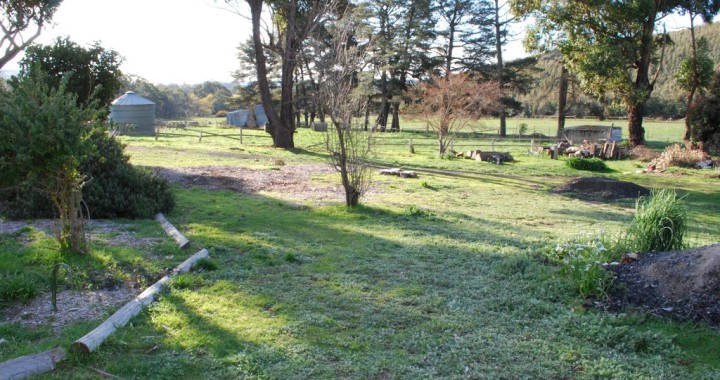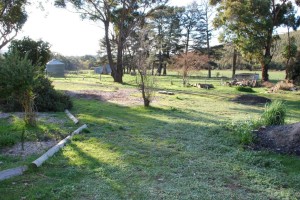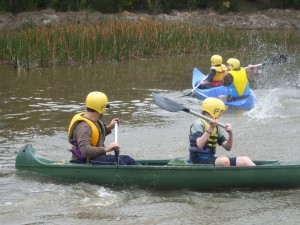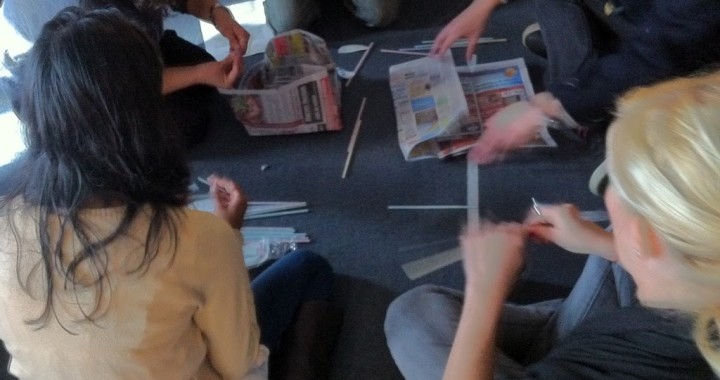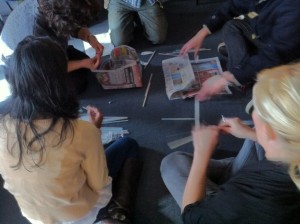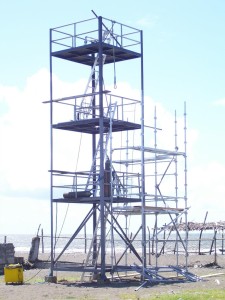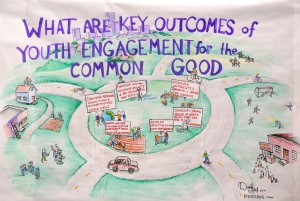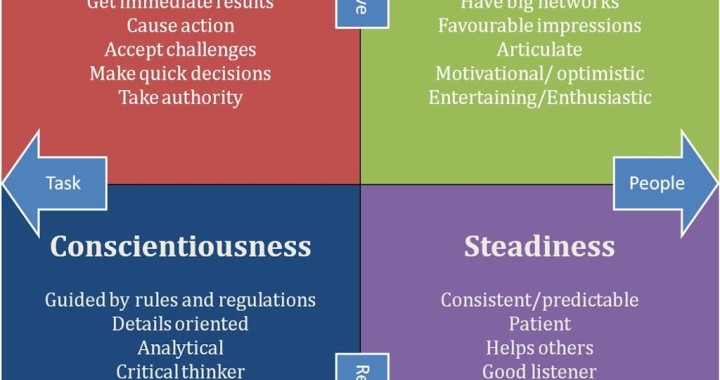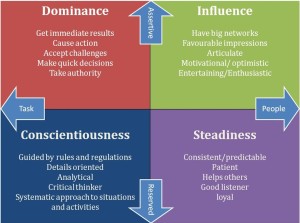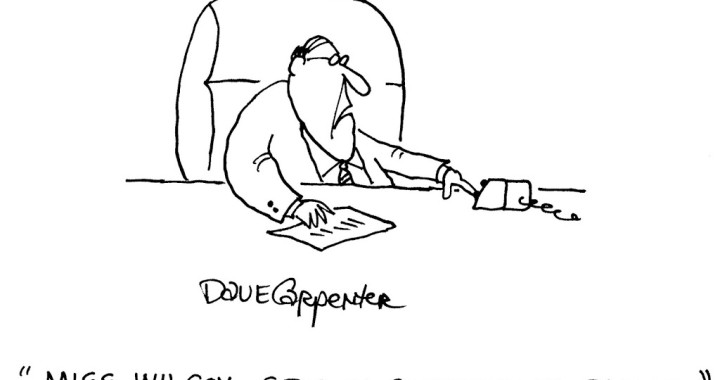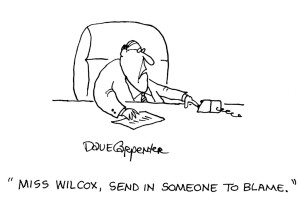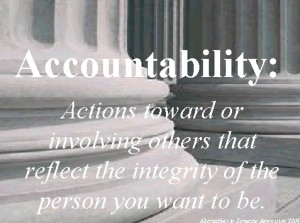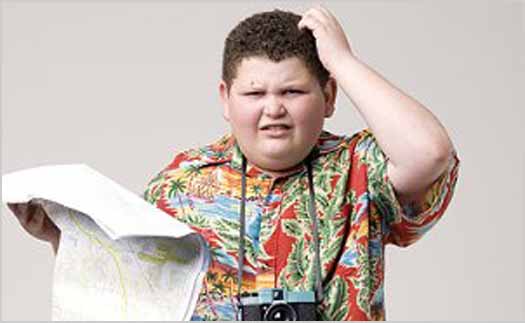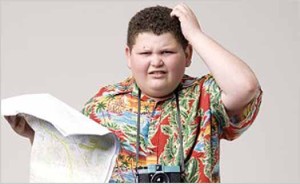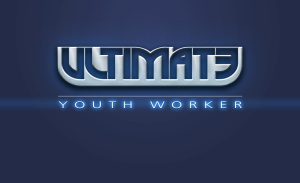
In todays episode of the Ultimate Youth Worker Podcast “Why research must inform your practice” Aaron speaks to us about the need to use evidence based practice in our youth work. We look at the need for professionals to have a theory base in their industry which informs the way they practice.
Why research must inform your practice
All too often youth workers get tarnished with the reputation of the slackers in the wider human services sector. We just drink coffee and play pool with young people right? Well the sad fact is there are a lot of people who call themselves youth workers out there that this reputation is well deserved. They have no or very little qualification. They have the “experience of one”. If you ask them they are amazing youth workers with all the experience they ever need.
Unfortunately, the average youth worker struggles too. Many youth workers we speak to haven’t read a journal article since they did studies, rarely read a book on youth work and are not part of their professional association. Part of it is the way our profession has been framed, more as a vocational rather than an academic’ profession. We don’t have many University courses. Our professional associations are fledgling and state based with little national leadership in the sector. Our professionals focus on building professional skills in further education with it being rare to see a youth worker go on to a higher degree by research to build knowledge of the youth work profession.
In this context the youth work profession finds itself severely under the pump. Many of our programs are government funded and expected to use evidence based practice to ensure the quality of those programs. As a profession we borrow from many other professions knowledge base and co-opt it for our own purpose. We need to address these short comings if we are to strengthen our profession and the support we can bring to bear for our young people.
Today’s resources
Here are links to some articles and training that have bearing on todays podcast:
- Ultimate Supervision Service
- Podcast 011: What do we mean by Profession
- Victorian Youth Worker Code of Ethics
Thanks for Listening!
To share your thoughts:
- Share this cast with a friend or colleague.
- Leave a note in the comment section below.
- Share this show on Twitter, Facebook, or Pinterest.
To help out the show:
- Leave an honest review on iTunes. Your ratings and reviews really help the podcast and I read each one.
- Subscribe on iTunes.





